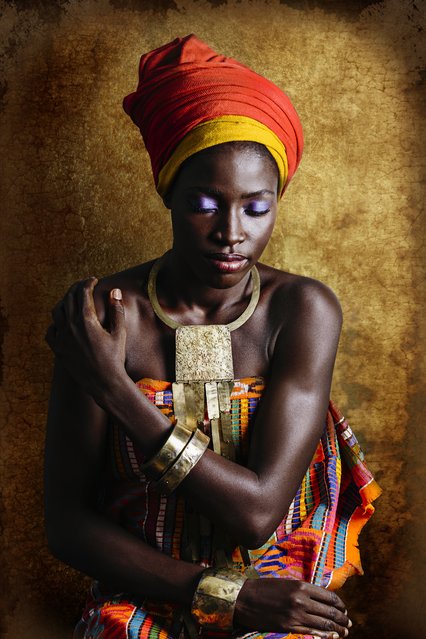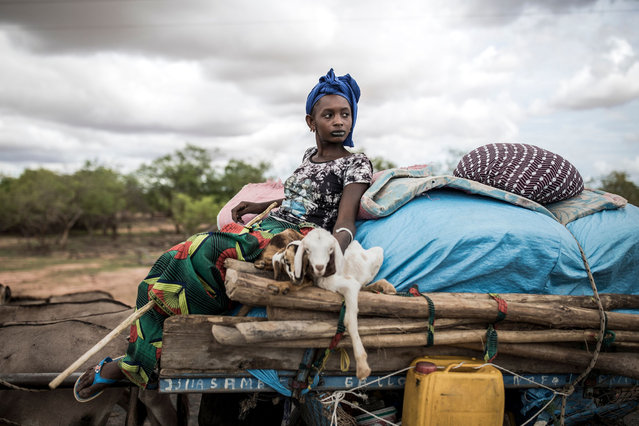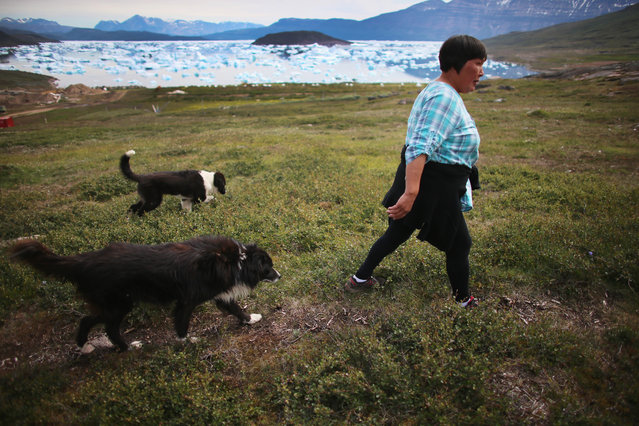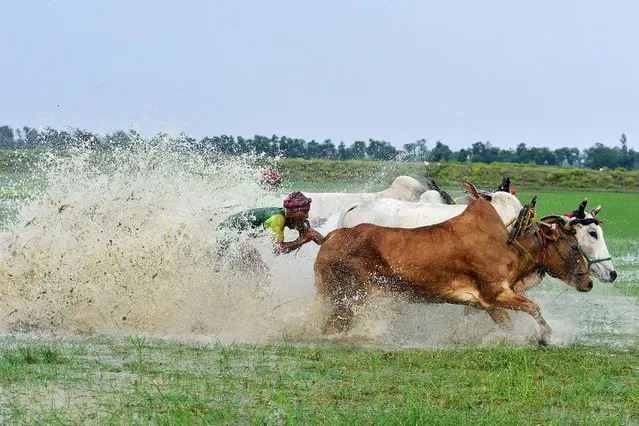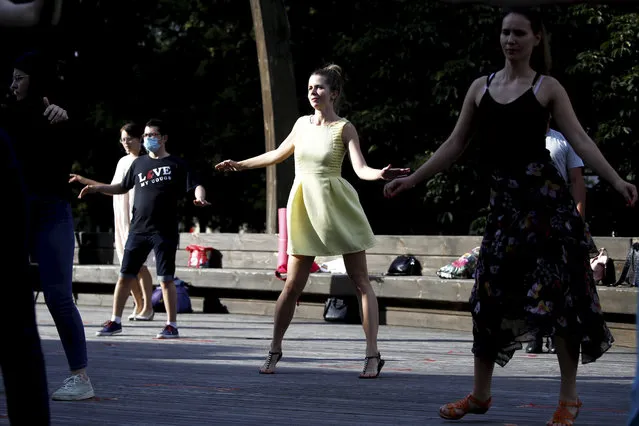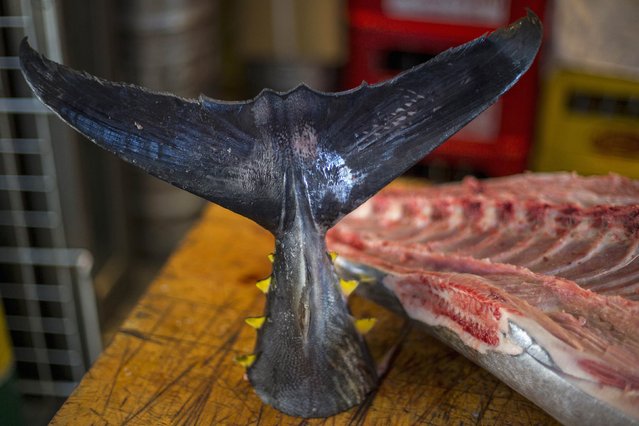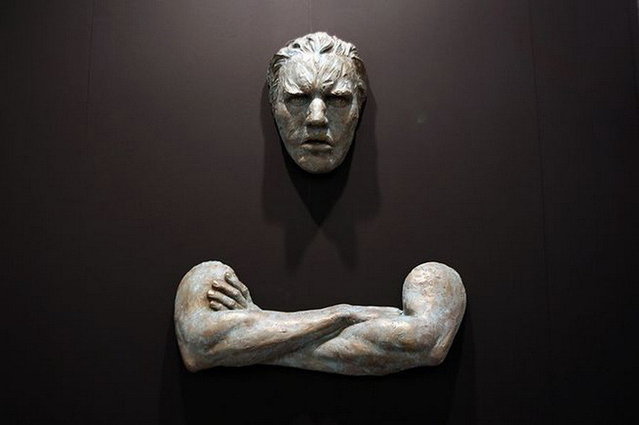
Matteo Pugliese was born in Milan in 1969. In 1978 his family moved to Sardinia and lived there for the next 12 years. During this time he developed a strong love for drawing and sculpture and practiced without formal education. After finishing his secondary school studies in classics in Cagliari, he returned to Milan to attend university. In 1995 he was awarded his degree in modern literature at the University of Milan with a graduation thesis on art criticism.
25 Oct 2013 12:56:00,post received
0 comments

